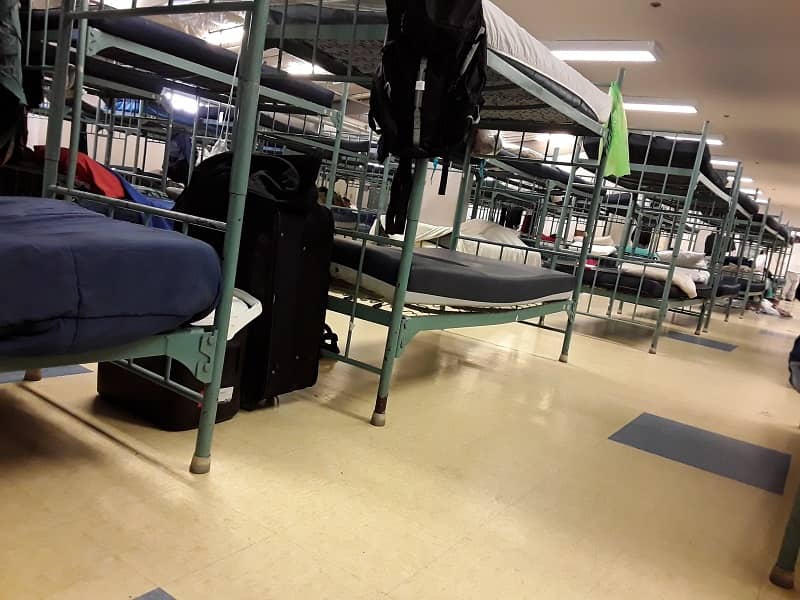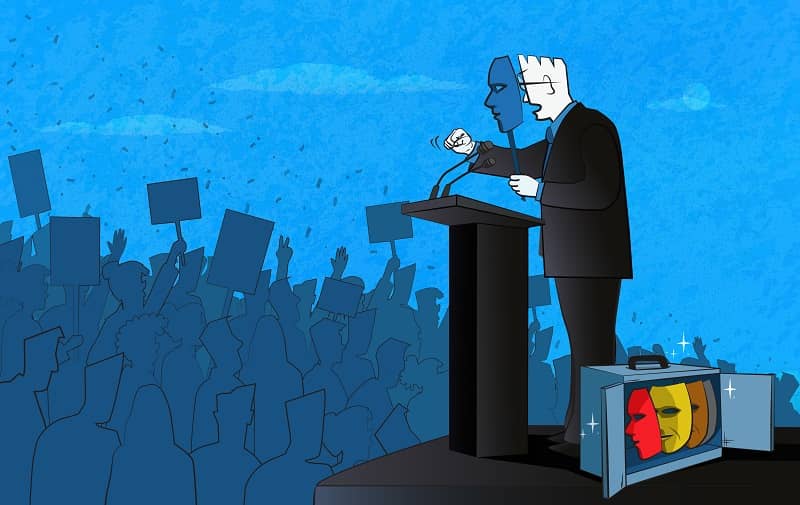“Never before has the federal government forced individuals and organizations to go out into the marketplace and buy a product that violates their conscience,” stated Cardinal-designate Timothy Dolan, archbishop of New York and the president of the United States Conference of Catholic Bishops. “This shouldn’t happen in a land where free exercise of religion ranks first in the Bill of Rights.”
Serious constitutional concerns have been consistently raised about the Patient Protection and Affordable Care Act (PPACA, known popularly as “ObamaCare”), passed by Congress in 2010. Twenty-seven states have sued the federal government on the grounds that Congress does not have authority to require their citizens to purchase a specific product or service, in this case, health insurance. The Supreme Court has agreed to hear some of these cases in March and presumably will rule on the constitutionality of the PPACA’s so-called individual mandate by the end of June.
Beyond this fundamental constitutional objection, another aspect of the PPACA recently took a disturbing turn. In August 2011, the Department of Health and Human Services (HHS) directed virtually all employers to include coverage of contraceptives, sterilization procedures, and abortion-inducing pharmaceuticals without copayment in their employee insurance policies. The HHS mandate has an extremely narrow conscience exemption that will not include the vast majority of religiously affiliated employers and institutions, including hospitals, colleges, schools, and social service organizations which may object to these services on moral grounds.
So, not only does the PPACA require all Americans to purchase health coverage, but Americans can be forced to pay for―or to provide as employers and insurers―things their faith may teach are wrong.
The Catholic Church, along with faithful of other religious communities, protested. The Administration has not backed down. In fact, on January 20, 2012 President Obama called Archbishop Dolan to inform him that the conscience exemption will not be broadened. Enforcement of the mandate simply will be delayed until August 2013, at which time insurance coverage of “preventive services” must include all FDA-approved forms of contraception, including sterilization and some abortion-inducing drugs.
“In effect,” Dolan said publicly in response, “the president is saying we have a year to figure out how to violate our consciences.”
Opponents of the HHS mandate stress that it is very troubling for the government to attempt to force members of one of the largest religions in the world, the Catholic Church, to directly participate in what their Church considers grave moral evils. If Catholic institutions can be forced to behave in contradiction to their moral beliefs, pay massive fines to the government, or close their doors, no other group can expect to have its “free exercise” of religion protected, either.
The last two weeks have seen a firestorm of protest, from the Catholic Church and from others seriously concerned about First Amendment rights. The Catholic bishops released statements denouncing the HHS decision, read from pulpits nationwide. Orthodox, Protestant, Evangelical, Jewish, and Muslim leaders have spoken out against the mandate, noting that if “free exercise” is not respected in this case, other abuses of religious liberty and freedom of conscience surely will follow. As chancellor and CEO-elect of Reformed Theological Seminary (one of the largest Protestant seminaries in the country) Michael Milton wrote, “This is not a Catholic issue only. It is not a contraception issue. It is a religious liberty issue. It is an American issue.”
Members of the current Administration, including Secretary of State Hillary Clinton, have begun referring to the First Amendment right to “free exercise” of religion as “freedom of worship.” This is dangerously incomplete. “Free exercise” of religion is more than the ability to choose the house of worship one frequents on weekends. Free exercise is the ability to live your faith and morals seven days a week.
Members of Congress have introduced legislation intended to prohibit the federal government from requiring a provider to provide, participate in, or refer for a specific health care service contrary to the provider’s religious beliefs or moral convictions (the “Respect for the Rights of Conscience Act,” or House Resolution 1179/Senate Bill 1467). But while Congressional leaders work to defend the rights of religiously affiliated organizations, they must not forget the rights of individual Americans, either.
Americans must send the federal government a clear message: Government must not abrogate the conscience rights of employers and insurance providers, and neither should it abridge the First Amendment rights of individual Americans by forcing them to participate in something to which they morally object. It was a small step from government forcing Americans to “go out into the marketplace” and buy health care to, as Archbishop Dolan said, “go out into the marketplace and buy a product that violates their conscience.”











